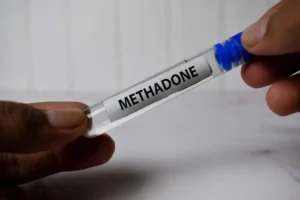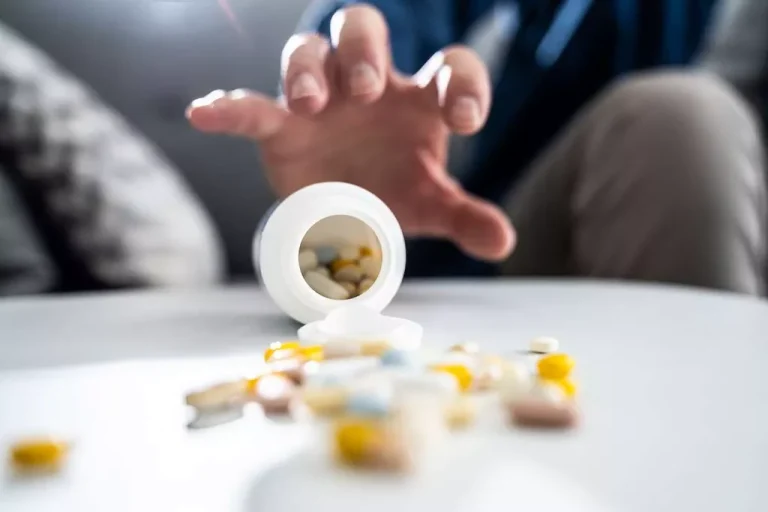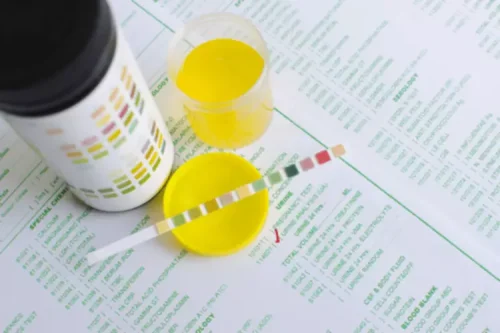
It’s also well known that drinking and getting behind the wheel has deadly consequences. No matter how much a guy drinks, if you drink the same amount as your male friends your blood alcohol concentration will tend to be higher, putting you at greater risk for harm. But as recent research has shown, alcohol likely has zero health benefits, and the studies that purported that it does used flawed data.
- And if you are under 21, driving after drinking any amount of alcohol is illegal and you could lose your license.
- It is important to recognize that the combination of alcohol and acetaminophen can be toxic to the liver.
- This is why it is never safe to drive after you have been drinking, no matter how many cups of coffee you have.
- The National Institute on Alcohol Abuse and Alcoholism (NIAAA) defines binge drinking as a pattern of drinking that brings blood alcohol concentration (BAC) levels to 0.08 g/dL.
- If the person is likely to take an overdose, keep medications locked away or give them out only as the person needs them.
Healing After a Suicide Attempt
- If you believe any, you might be surprised by how wrong they are.
- Critical decision-making abilities are already diminished long before a person shows physical signs of intoxication.
- It’s important to be aware that alcohol doesn’t have to be a part of those things, Dr. Oesterle says.
- There are many theories as to why people started putting the larvae in mezcal.
Alcohol use disorder is a medical condition that cannot be overcome with willpower alone. However, willpower can be a strong tool for those in recovery from substance use disorder. However, a review of studies published from 2013 to 2019 suggests that people with lower socioeconomic status may be more likely to die from alcohol use disorder. You may think that drinking can help alleviate pain, but evidence suggests that chronic drinking can worsen pain levels. The highest suicide rates of any age group occur among persons aged 65 years and older.

Myth 2: A beer before bed helps you sleep

Dr. Joseph Janesz, clinical dependency specialist, tells Cleveland Clinic that alcohol might help you fall asleep, but it interrupts deep sleep making you feel tired the next day. Many people mistake stouts and other dark beers for being heavy and having more alcohol. While some might have a heavier body, not all of them do, and the color of the beer doesn’t determine its alcohol content. Guinness is often mistaken for a heavy, high ABV beer, when in fact, it has a light mouthfeel, only comes in at 4.2% ABV, and is relatively low in calories for a beer—125 calories in 12 ounces. The “nightcap” — or an alcoholic drink enjoyed before bed to help you sleep — has been around for centuries. The term has been used since at least the early 18th century as a cheeky play on the literal nightcaps that people donned at bedtime to keep warm.

Myth #5: There isn’t a problem if they only drink wine or beer
We can’t then get frustrated with those people because we built out a cultural norm around it,” he says. If you use alcohol as a way to numb your symptoms of anxiety, this can also make the symptoms worse down the line — due to the fact that you’re not learning how to cope with your emotions properly. Normally, your body cycles through light and deep phases of sleep. Alcohol inhibits refreshing REM (rapid eye movement) sleep and later on causes “REM rebound,” with nightmares and trouble sleeping. One of the biggest misconceptions around alcohol is that it gives you energy, which may motivate you to drink more, especially during social situations. Millie Gooch brings another of her mid-week instalments to help you explore the sober lifestyle to the max.
Warning signs in teens
- While the sleep-inducing effect of booze can help you drop off at first, alcohol suppresses Rapid Eye Movement (REM) sleep which can make for a less restful slumber overall.
- In such situations, it’s natural to feel uncomfortable or afraid.
- As people grow older, they may also find that they react differently to alcohol.
Alcohol can be especially problematic in older adults because it can conflict with medications and worsen the symptoms of other health problems that are common among older people. In addition to affecting the liver, alcohol affects the brain, the heart, and both the central nervous system and the peripheral nervous system. People with long-term (chronic) pain sometimes use alcohol to help manage pain. There are several reasons why this may not be a good choice.
Alcohol tolerance is when drinking the same amount no longer produces the same level of buzz. Because your brain has adapted to the effects of alcohol, you need to drink more alcohol to achieve the same effects. Problem drinking isn’t about what type of alcohol you drink, nor is it about on which days you drink. If you or someone you love is binge drinking every Friday and Saturday night, it could signal a problem with alcohol. You could look at drinking alcohol like skydiving, Dr. Oesterle says.
Given these facts, it seems reasonable to say that there are many alcoholics who are only beer drinkers. Being able to “hold your liquor” generally means you have a higher alcohol tolerance, which can be a sign that you’re drinking more. While it’s true that you might be able to drink liquor faster than beer, what really matters is how much actual alcohol is in your system, not the type of beverage.
Alcohol use disorder isn’t the only alcohol-related condition that could cause harm.

Myth: Older people don’t develop alcohol use disorder
In addition, drinking while on certain medications can be dangerous. Cultural norms would have you believe that drinking is integral to certain activities, like a wedding 11 myths about alcohol reception, football game, brunch or night out on the town. It’s important to be aware that alcohol doesn’t have to be a part of those things, Dr. Oesterle says.




